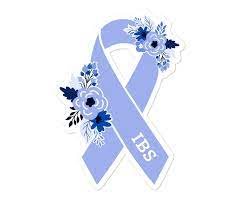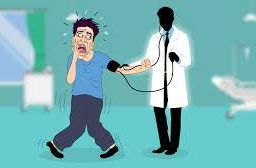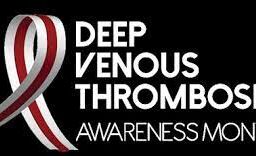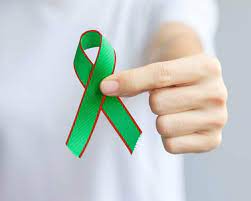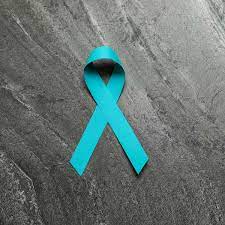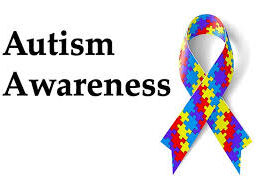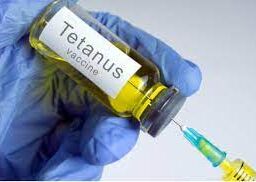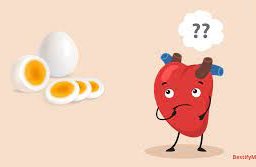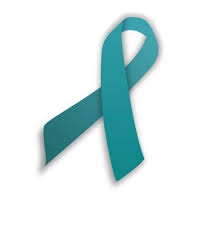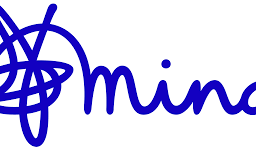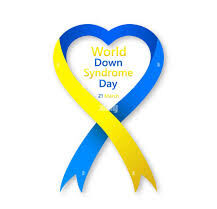
Down Syndrome Awareness: Understanding the Condition and Promoting Inclusivity
Welcome to a comprehensive exploration of Down’s Syndrome, shedding light on its causes, effects, and the celebration of inclusion. Join us in understanding the unique journey of individuals with Down’s Syndrome as we mark World Down Syndrome Day, dedicated to raising awareness and fostering a more inclusive society.
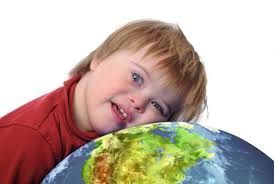
Every year on March 21st, people around the world celebrate World Down’s Syndrome Day. This day is dedicated to raising awareness about Down syndrome and promoting the rights, inclusion, and well-being of people with the condition.
What is Down’s Syndrome?
This is a genetic condition that occurs when there is an extra copy of chromosome 21. This extra genetic material affects the development of the body and brain, leading to intellectual disability and physical features such as slanted eyes, a small nose, and a short neck. However, every person with Down’s syndrome is unique and may have different abilities and challenges.
It is caused by a random error in cell division that results in an extra copy of chromosome 21. This error can occur during the formation of the egg or sperm or during early fetal development. Although the exact cause of this error is unknown, research has shown that the risk of having a child with Down’s syndrome increases with maternal age.
People with Down’s syndrome can lead fulfilling lives with the right support and opportunities. Early intervention programs, such as speech therapy and physical therapy, can help these individuals reach their full potential. In addition, inclusive education and employment opportunities can promote social inclusion and independence.
It is important to remember that people with Down syndrome are more alike than different from others. They have unique personalities, interests, and talents just like everyone else. Celebrating World Down’s Syndrome Day is a reminder to embrace diversity and promote inclusion in our communities.
In conclusion, World Down’s Syndrome Day is an opportunity to raise awareness about the condition and promote the rights and well-being of people with this condition. Understanding the causes and effects can help us create a more inclusive society where everyone has the opportunity to thrive. Let us celebrate diversity and promote inclusion on this special day and every day.
Disclaimer: The information provided in this content is for general informational purposes only. It is not intended as medical or healthcare advice, diagnosis, or treatment. Always seek the advice of a qualified healthcare professional with any questions you may have regarding a medical condition or healthcare decisions.


